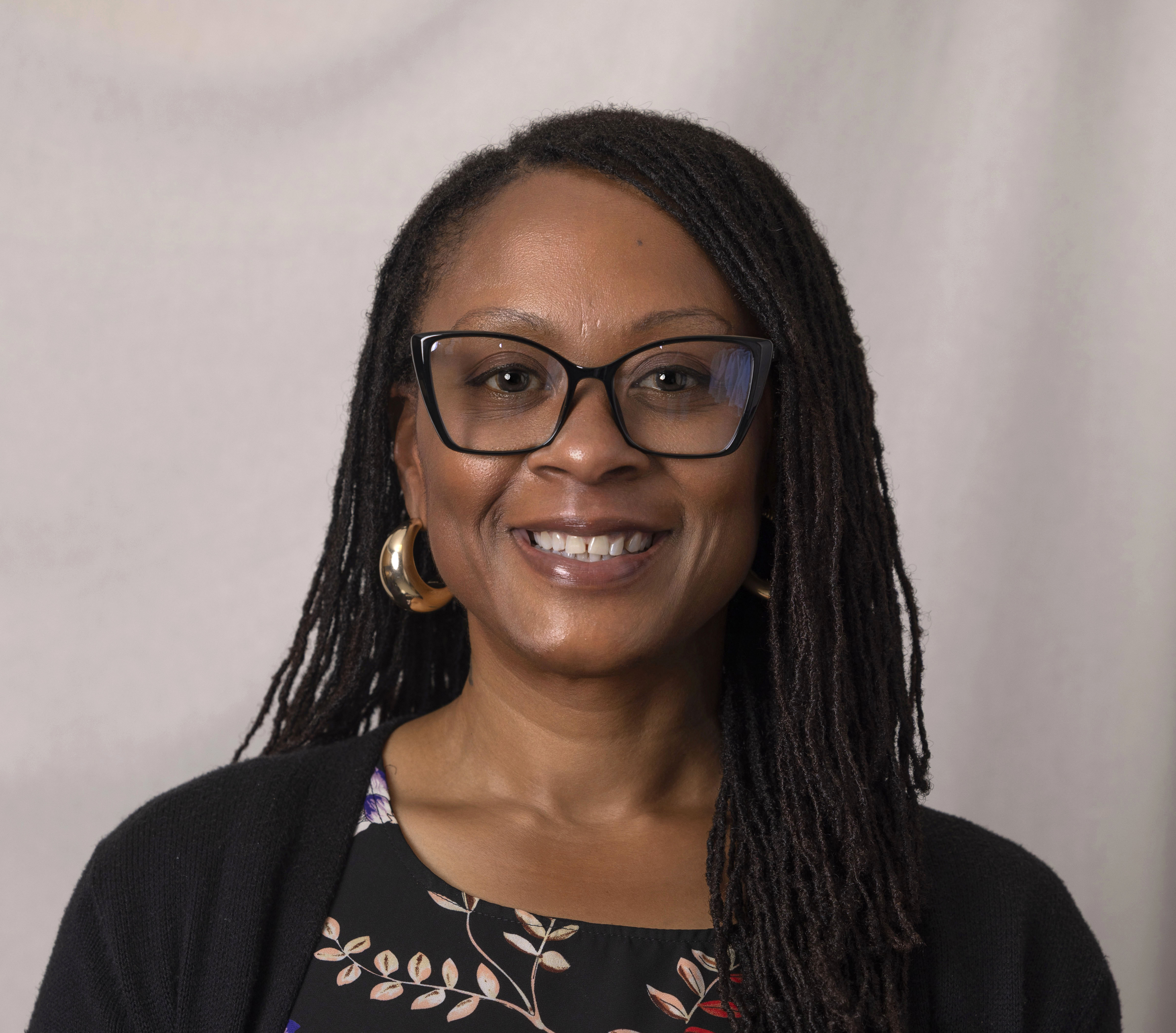
Living After Loss: Navigating Life Beyond Grief
Grief touches every life at some point. As a Licensed Mental Health Therapist, I’ve supported many individuals navigating the complex emotions that come with loss; whether it’s the death of a loved one, the end of a relationship, or a major life change. While grief is deeply personal, one truth is universal: life continues, and learning to live after loss is both a challenge and a journey toward healing. One of the most important truths to understand is that grief does not follow a timeline. There is no “right” way to grieve, and it does not suddenly disappear. Instead, grief changes over time. In the early stages, emotions can feel overwhelming; shock, anger, sadness, or guilt may dominate daily life. These feelings may arrive in waves, sometimes without warning. Honoring these emotions, rather than pushing them aside, is the first step toward integrating loss into your life. Healing does not mean erasing the pain but instead learning how to carry it with gentleness.
Redefining Life after Loss
Living after loss often means redefining what life looks like without what or who you’ve lost. That process can feel daunting, even impossible, in the beginning. Yet, healing happens in small, steady steps. Establishing routines can create stability. Nurturing supportive relationships can ease isolation. Allowing yourself to experience moments of joy, even brief ones, can spark hope. Many people feel uneasy about laughing, enjoying hobbies, or considering new opportunities after a loss. It may feel like joy dishonors the person or experience you’ve lost. However, those moments are not signs of forgetting, they are evidence of resilience, courage, and the human capacity to heal.
Moving Forward While Maintaining a Connection
Sometimes guilt becomes a quiet companion in the grieving process. Moving forward can feel like leaving someone behind. I often remind clients that embracing life again is not a betrayal; it is a way of honoring. Living fully allows the memory of your loved one or the significance of what was lost; to live on in your actions, your choices, and your spirit. Incorporating rituals, writing letters, keeping photos, lighting a candle, or creating memory boxes are gentle ways to maintain connection while continuing forward.
Practicing Patience and Self-Compassion
Self-compassion is another cornerstone of living after loss. Too often, grieving individuals place pressure on themselves to “get over it” or to appear strong for others. Healing is neither linear nor quick. There will be setbacks, and moments of sadness may resurface months or even years later. That does not mean you are failing, it means you are human. Offering yourself the same patience and grace you would extend to a friend can transform how you navigate through grief. Having positive support is essential as well.
Sharing and Seeking Support
Grief can feel isolating, but it was never meant to be carried alone. Reaching out to a trusted friend, family member, support group, or counselor can make a difference. Sharing your story with others who listen and understand helps lighten the weight. Community provides not only comfort but also perspective reminding you that you are not alone in your journey. Living after loss does not mean forgetting; it means carrying grief alongside life. It’s about discovering a new rhythm, one where joy and sorrow can exist side by side. Even the smallest practices such as journaling your thoughts, taking a daily walk, savoring a morning cup of tea or coffee can provide stability and grounding. Giving yourself permission to find joy, honoring memories through simple rituals, and seeking support when needed are practical ways to rebuild life on your terms.
While grief may never fully disappear, it can become part of your story rather than the defining chapter. With time, support, and compassion, it is possible to find light in the darkness, to create meaning from pain, and to build a life that is both honoring of the past and open to the future. Remember, even during sorrow, there is room for hope, and it is possible to find peace that honors both your loss and your life.
If you’re dealing with a loss or navigating the grieving process, EAP is here to help. Please call us today at (901) 683-5658 or toll free 1-800-880-5658 to schedule an appointment.
About the Author
Marketa Hudson
Licensed Clinical Social Worker & Certified Integrative Mental Health Professional
Marketa Hudson is a Licensed Clinical Social Worker and Certified Integrative Mental Health Professional. She earned her bachelor's degree in social work from the University of Memphis and her master's degree in social work from Walden University. Marketa has over a decade of experience providing counseling to diverse populations, including adolescents, adults, and older adults, in settings such as schools, community programs, healthcare, and workplace wellness. A native Memphian, she is passionate about fostering holistic wellness by honoring the connection between spirit, mind and body. She specializes in helping individuals navigate challenges related to stress, anxiety, life transitions, and emotional well-being. Outside of work, Marketa enjoys healthy cooking, walking outdoors, and connecting with others through community activities and shared experiences.
SUBSCRIBE TO OUR BLOG
and you'll receive more health & wellness tips right in your inbox.
SUBSCRIBE NOW